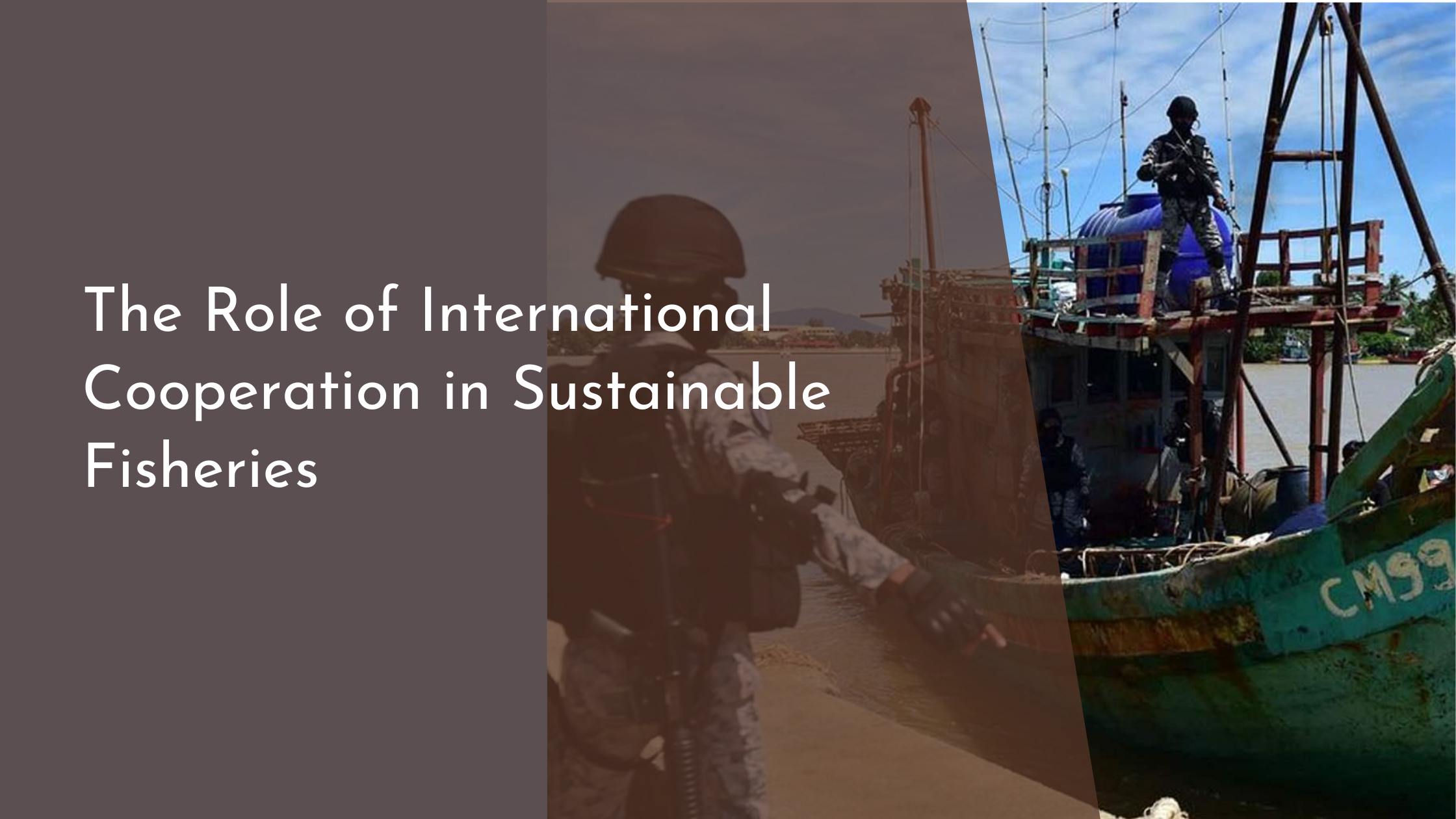The Role of International Cooperation in Sustainable Fisheries
The world’s oceans are a treasure trove of biodiversity, supporting the livelihoods of millions and providing a crucial source of protein for billions. However, the pressures of overfishing, climate change, and habitat destruction threaten the sustainability of marine resources. In this context, international cooperation emerges as a vital avenue for ensuring the longevity of fisheries. By fostering collaboration among nations, we can implement sustainable practices that benefit ecosystems and economies alike.
Understanding Sustainable Fisheries Practices
Sustainable fisheries practices are designed to ensure that fish populations remain healthy and productive, allowing them to support current and future generations. These practices include setting catch limits based on scientific assessments, employing gear types that minimize bycatch, and protecting critical habitats. Additionally, sustainable practices often involve monitoring and enforcement mechanisms to ensure compliance with regulations. By maintaining a balance between extraction and conservation, these strategies help prevent the depletion of marine resources.
Another key aspect of sustainable fisheries is the integration of ecological, economic, and social considerations. Sustainable management not only focuses on preserving fish stocks but also aims to enhance the resilience of marine ecosystems. This involves protecting the integrity of food webs and biodiversity, as well as considering the socio-economic well-being of fishing communities. By adopting a holistic approach, sustainable fisheries can contribute to the conservation of marine environments while supporting the livelihoods of those who depend on them.
The Importance of Global Partnerships
Global partnerships are essential for the success of sustainable fisheries, as marine ecosystems often extend beyond national boundaries. International cooperation facilitates the sharing of information, technology, and best practices, enabling countries to implement effective management strategies. By working together, nations can address common challenges, such as illegal, unreported, and unregulated (IUU) fishing, which undermines conservation efforts and economic stability.
Moreover, global partnerships empower nations to create and enforce rules that protect shared resources. International agreements like the United Nations Convention on the Law of the Sea (UNCLOS) and the Agreement on Port State Measures provide frameworks for collaboration, helping countries to align their efforts towards sustainable fishing. These partnerships foster a spirit of collective responsibility, encouraging nations to prioritize the health of the oceans over short-term gains.
Case Studies in Effective Collaboration
One notable example of effective international cooperation is the Commission for the Conservation of Antarctic Marine Living Resources (CCAMLR), established to manage the Southern Ocean’s marine resources. CCAMLR’s ecosystem-based management approach has successfully balanced conservation and sustainable use, setting catch limits and establishing marine protected areas. Through collaborative scientific research and monitoring, member nations work together to adapt management measures based on changing environmental conditions.
The Western and Central Pacific Fisheries Commission (WCPFC) is another example of successful international collaboration. By bringing together countries and territories across the Pacific, the WCPFC manages highly migratory fish stocks such as tuna. Through data sharing, joint patrols, and capacity building, member states have made strides in combating IUU fishing and promoting responsible fishing practices. These efforts illustrate the potential of cooperative frameworks to achieve sustainable fisheries management on a large scale.
A Bright Future Through Cooperative Efforts
The future of sustainable fisheries depends on continued and enhanced international cooperation. By fostering partnerships that promote transparency, accountability, and innovation, the global community can tackle emerging challenges such as climate change and ocean acidification. As nations work together to develop adaptive management strategies, they can ensure that marine resources remain resilient in the face of environmental change.
Furthermore, international cooperation can drive the adoption of new technologies and practices that improve the efficiency and sustainability of fisheries. The development of satellite monitoring systems, electronic reporting, and selective fishing gear are just a few examples of innovations that can be shared across borders. By leveraging these tools and fostering a culture of collaboration, nations can achieve a sustainable future for their fisheries and the communities that rely on them.
International cooperation is not just a tool but a necessity for the sustainable management of the world’s fisheries. By joining forces, countries can safeguard marine ecosystems, enhance food security, and support the economic well-being of coastal communities. As we look to the future, the continued commitment to global partnerships will be crucial in ensuring that the bounty of the oceans can be enjoyed for generations to come. Let us embrace the spirit of collaboration and work together towards a sustainable and prosperous future for our oceans.

